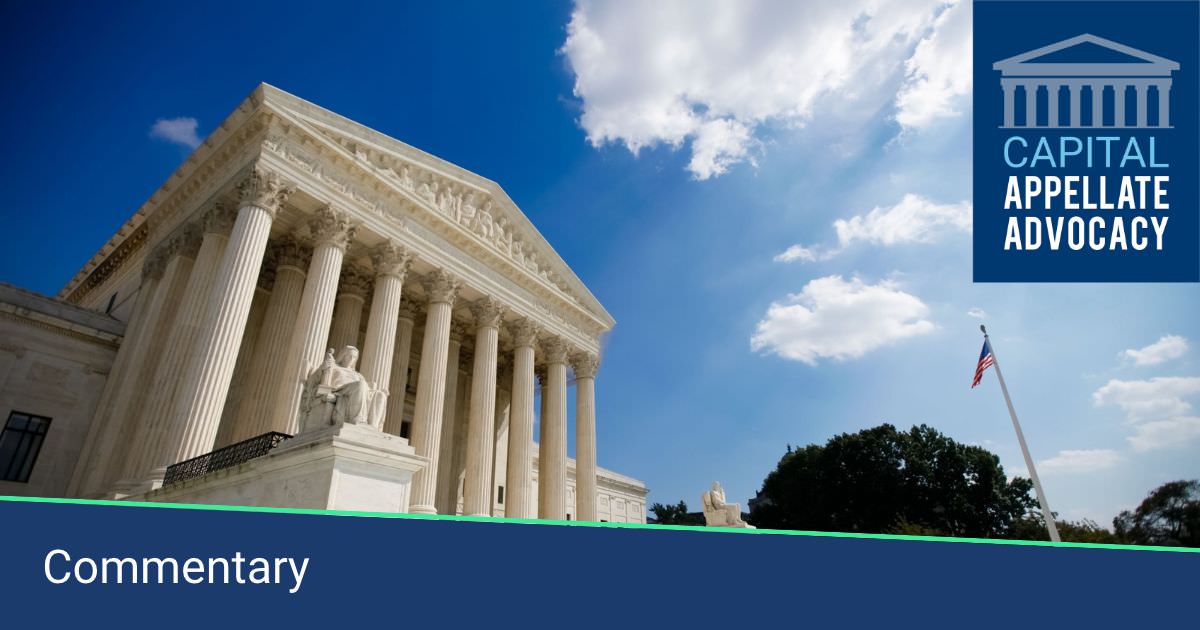In an unequivocal ruling, the D.C. Circuit court of appeals on June 24 “order[ed] the district court to grant the government’s Rule 48(a) motion to dismiss the charges against [General Michael] Flynn.” Quoting D.C. Circuit precedent, the court’s 2 to 1 majority opinion explains that “decisions to dismiss pending criminal charges—no less than decisions to initiate charges and to identify which charges to bring—lie squarely within the ken of prosecutorial discretion.” Although Federal Rule of Criminal Procedure 48(a) requires “leave of court” before the government can dismiss an indictment, that requirement does not “confer any substantial role for courts in the determination whether to dismiss the charges.” Further, “[w]hatever the precise scope of Rule 48’s ‘leave of court’ requirement, this is plainly not the rare case where further judicial inquiry is warranted.” According to the court of appeals, one reason why further judicial inquiry is unwarranted is that “the government’s motion includes an extensive discussion of newly discovered evidence casting Flynn’s guilt into doubt.”
In two articles published by Law360—“Flynn Case ‘Friend’ Cannot Act As 11th-Hour Prosecutorial Intermeddler” and “The Flynn Case Doesn’t Need ‘Friends’ Like These”—I questioned the legal propriety of U.S. District Judge Emmet Sullivan’s appointment of an outspoken Flynn opponent, former U.S District Judge John Gleeson, as amicus curiae (friend of the court) to argue against dismissal of the case. The D.C. Circuit’s opinion fully vindicates my view.
The court of appeals held that the district court’s order appointing Gleeson “constitute[s] clear legal error.” The court’s opinion explains why Gleeson’s appointment conflicted with the narrowly circumscribed role that district courts play under Rule 48(a) when the federal government moves to dismiss a criminal case—including where, as in the Flynn case, the defendant has pleaded guilty.
According to the court of appeals, the “first troubling indication of the district court’s misunderstanding of its role in ruling on an unopposed Rule 48(a) motion was the appointment of John Gleeson ‘to present arguments in opposition to’ the government’s Motion.” In particular, “the [district] court chose an amicus who had publicly advocated for a full adversarial process,” and “[i]n his brief opposing the government’s motion . . . asserted the government’s reasons for dismissal were ‘pretext’ and accused the government of ‘gross prosecutorial abuse.’” Further, “Gleeson moved for permission to file a brief addressing, among other things, ‘any additional factual development [he] may need before finalizing [his] argument’ [and] Gleeson encouraged the district court to scrutinize the government’s view of the strength of its case—a core aspect of the Executive’s charging authority.”
Thus, the court held that “the district court’s appointment of the amicus and demonstrated intent to scrutinize the reasoning and motives of the Department of Justice constitute irreparable harms” to Executive Branch prosecutorial discretion and the Constitution’s separation of powers. Along the same lines, “the district court’s invitation to members of the general public to appear as amici suggests anything but circumscribed review . . . This sort of broadside would rewrite Rule 48(a)’s narrow ‘leave of court’ provision.”
In short, the D.C. Circuit’s opinion puts a final end to Judge Sullivan’s abuse of the role of a court-appointed amicus curiae in a criminal proceeding.

